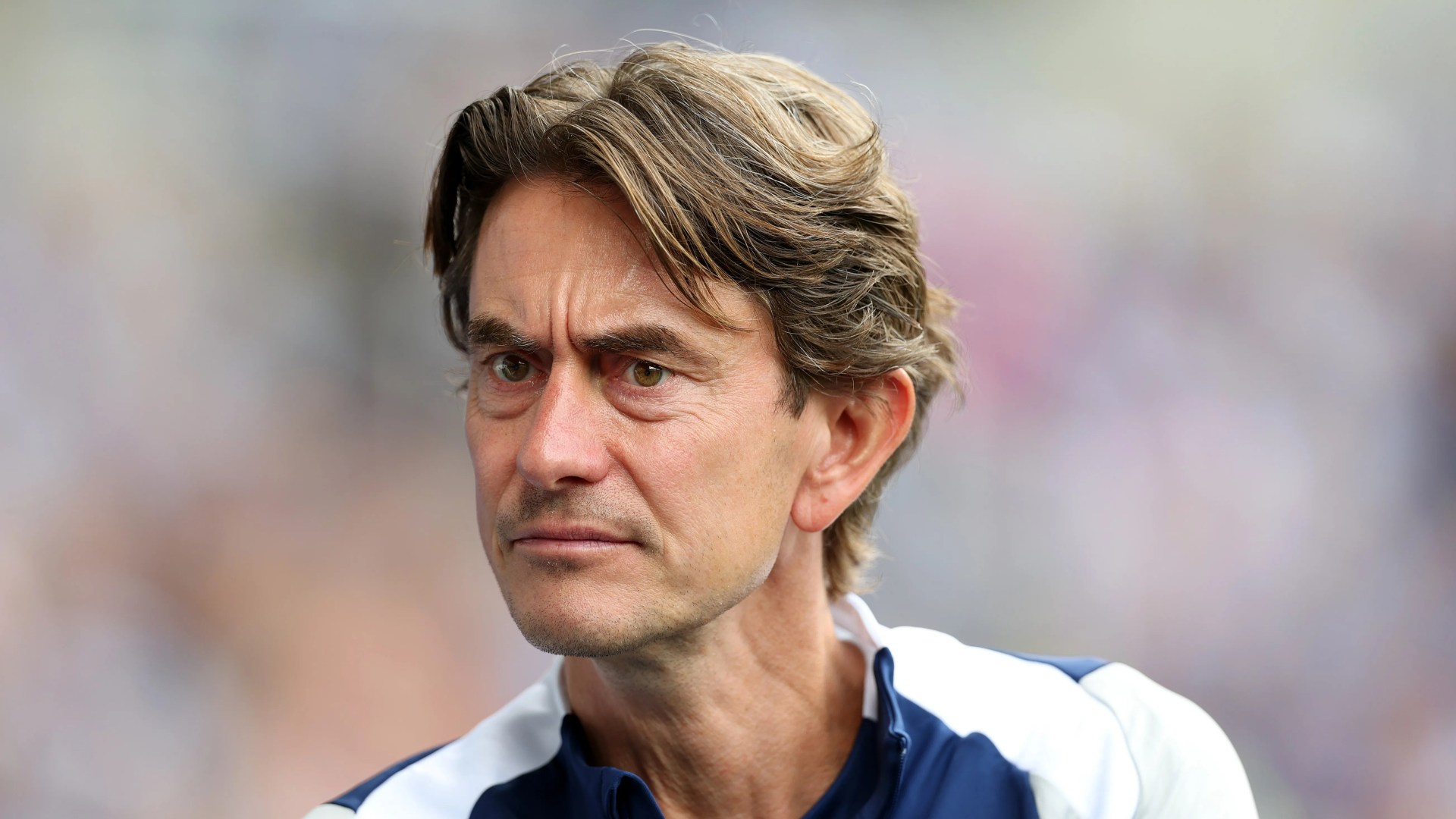Tottenham Hotspur faces a persistent and significant challenge in the modern football transfer market: their notable inability to effectively sell first-team players. This chronic issue has severely hampered their financial flexibility and strategic squad overhauls, leaving them in a difficult position compared to their Premier League rivals.
In stark contrast, nearby Chelsea has demonstrated remarkable prowess in player sales, rapidly approaching an astounding £1 billion in revenue generated from outgoing transfers. This financial acumen allows the Blues considerable room to maneuver in the transfer market, funding ambitious acquisitions and maintaining a sustainable economic model within the highly competitive landscape of top-tier football.
For Spurs, the struggle to offload talent has been a recurring theme, serving as a backdrop to numerous recent transfer windows. Despite hopes that a new managerial era or a first European trophy in decades might alter their approach to the transfer market, the underlying problem of player sales continues to persist.
Since the grand opening of their new stadium in April 2019, Tottenham has been among the world’s top spenders in transfer fees. However, this substantial outlay is starkly juxtaposed with their ranking concerning income from player sales in the same period, placing them surprisingly low, even behind clubs like Southampton and Leicester.
Excluding their record goalscorer, Tottenham’s total income from player sales since 2019 amounts to a mere fraction of what their London counterparts, Chelsea, have achieved. The Blues have consistently outmaneuvered Spurs in the transfer market, with individual sales often surpassing Tottenham’s collective earnings over several years.
This ongoing disparity has led to significant financial implications for the club. Without the consistent influx of capital from outgoing players, Tottenham’s ability to inject fresh funds into new talent or adequately balance their financial sheets is severely limited, impacting their competitive edge in the Premier League and European competitions.
Club chairman Daniel Levy has openly acknowledged the financial constraints, emphasizing that external funding or substantial player sales are critical to sustaining the club’s investment in new footballers. This highlights the urgent need for a more effective strategy in navigating the football transfer market.
In a belated attempt to address this pressing issue, Tottenham has recently sought to protect the value of key assets by extending contracts. Furthermore, several players currently on pre-season tours are reportedly available for offers, signaling a renewed, albeit challenging, effort to rectify their long-standing player sales predicament and generate much-needed funds for squad development.






Leave a Reply